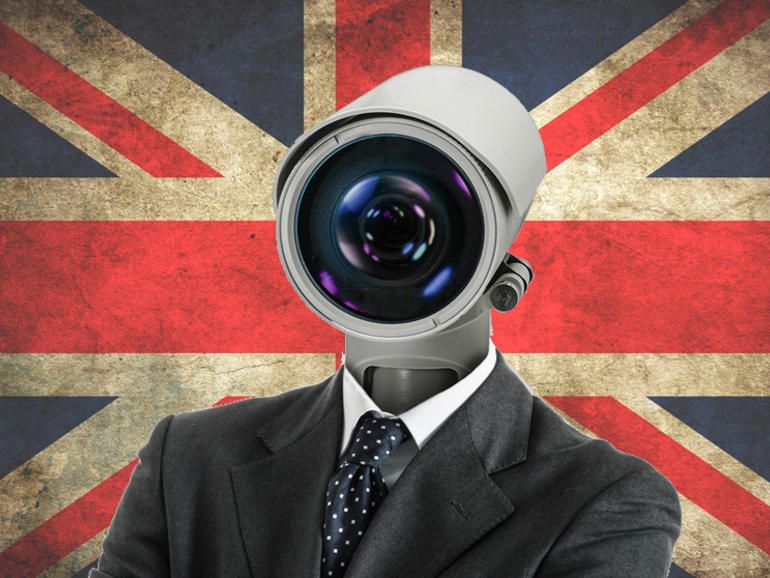UK citizens have been stripped of their right to any online privacy, with a new law making the British public subject to 24/7 draconian surveillance that surpasses the restrictions placed on Chinese citizens.
China can now boast that their citizens enjoy more privacy rights than users in the UK following the Snoopers’ Charter bill which was passed in Parliament last week.
The new law introduces unprecedented surveillance and hacking powers, awarded to a large list of government agencies.
Dailymail.co.uk reports:
Chris Yui, who works in Edinburgh as a general manager at Uber, wrote in his personal blog: ‘I always wondered what it would feel like to be suffocated by the sort of state intrusion that citizens are subjected to in places like China, Russia and Iran.
‘I guess we’re all about to find out.’
He listed the 48 departments that will now have access to information such as internet browsing history, set out in Schedule 4 of the Act.
These include police, GCHQ, government departments such as the Home Office, MoD, Department of Health, the Food Standards Agency, HM Revenue & Customs and the Gambling Commission.
This part of the act also sets out the minimum office or rank each person within those organisations must be if they want access to the records.
In the police, viewers must be an inspector or a superintendent, for instance.
The access also works regardless of whether or not you clear your history, because it will be held by your internet service provider.
Internet provider must keep logs for a year and hand them over to the government on request, whether users want them to or not.
The lists will include every website that has been visited, but not specific pages on those websites.
While critics have cited it as an attack on privacy, the Government believes the charter is essential for combating terrorism and organised crime.
The act replaces the previous Regulation of Investigatory Powers Act.
It was passed by the House of Lords last week after they backed down on an amendment.
The amendment would have forced the press to pay court costs for both parties in any case involving allegations of phone or email hacking, even if they were completely spurious.
One peer said it would have ‘chilled’ journalism and stopped papers writing about figures such as ex-BHS boss Sir Philip Green.
Lord Myners said the amendment to implement section 40 of the Crime and Courts Acts 2013 would have made it easier for the rich to sue on spurious grounds.
Who Can View Your Internet History?
- Metropolitan police force
- City of London police force
- Police forces maintained under section 2 of the Police Act 1996
- Police Service of Scotland
- Police Service of Northern Ireland
- British Transport Police
- Ministry of Defence Police
- Royal Navy Police
- Royal Military Police
- Royal Air Force Police
- Security Service
- Secret Intelligence Service
- GCHQ
- Ministry of Defence
- Department of Health
- Home Office
- Ministry of Justice
- National Crime Agency
- HM Revenue & Customs
- Department for Transport
- Department for Work and Pensions
- NHS trusts and foundation trusts in England that provide ambulance services
- Common Services Agency for the Scottish Health Service
- Competition and Markets Authority
- Criminal Cases Review Commission
- Department for Communities in Northern Ireland
- Department for the Economy in Northern Ireland
- Department of Justice in Northern Ireland
- Financial Conduct Authority
- Fire and rescue authorities under the Fire and Rescue Services Act 2004
- Food Standards Agency
- Food Standards Scotland
- Gambling Commission
- Gangmasters and Labour Abuse Authority
- Health and Safety Executive
- Independent Police Complaints Commissioner
- Information Commissioner
- NHS Business Services Authority
- Northern Ireland Ambulance Service Health and Social Care Trust
- Northern Ireland Fire and Rescue Service Board
- Northern Ireland Health and Social Care Regional Business Services Organisation
- Office of Communications
- Office of the Police Ombudsman for Northern Ireland
- Police Investigations and Review Commissioner
- Scottish Ambulance Service Board
- Scottish Criminal Cases Review Commission
- Serious Fraud Office
- Welsh Ambulance Services National Health Service Trust

